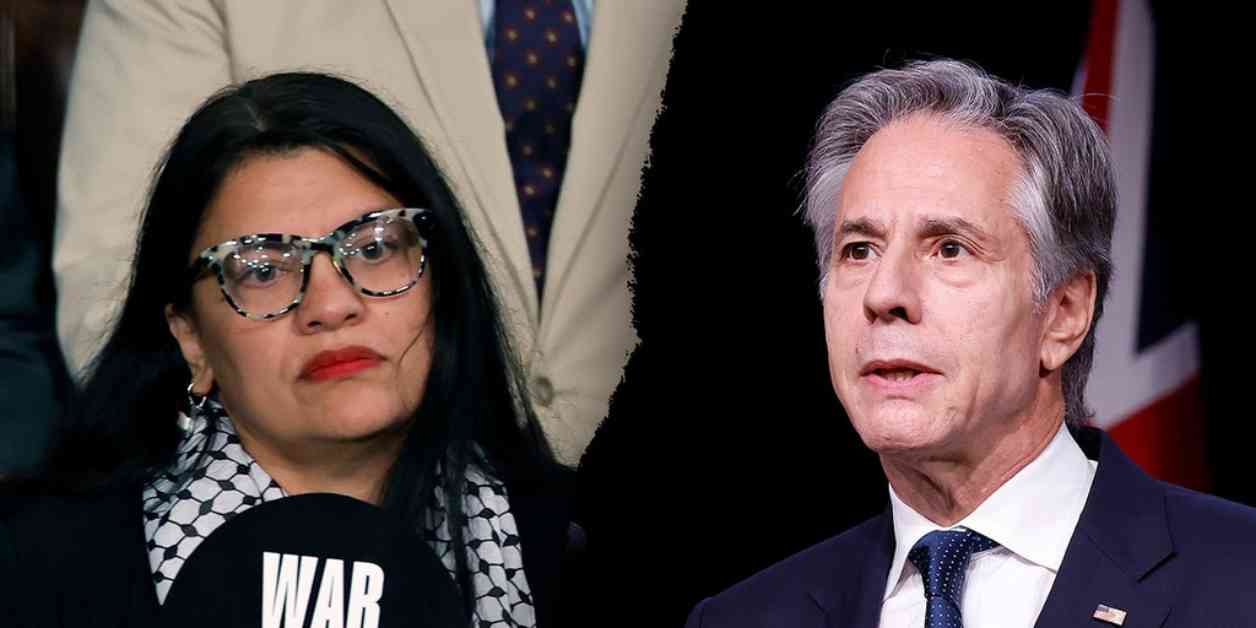Rep. Rashida Tlaib of Michigan criticized the State Department for recognizing the anniversary of the Geneva Conventions. She accused the Biden administration of supporting Israel’s alleged violations of the peace agreement. Tlaib questioned Secretary of State Antony Blinken’s stance, especially regarding the use of U.S. made bombs in potential war crimes by Israel.
The Geneva Conventions of 1949 are significant peace treaties that establish guidelines for the treatment of civilians, prisoners of war, and other noncombatants during armed conflicts. Tlaib’s remarks coincide with heightened tensions in the region, as Israel prepares for potential retaliation from Iran following the killing of Hamas’ political leader in Tehran.
Despite being a Democrat, Tlaib has been vocal in her criticism of President Biden’s approach to Israel. As the only Palestinian American in Congress, she represents a growing faction of the progressive left that challenges the traditional Democratic support for Israel. This dissent within the party was evident when Tlaib faced censure from some House Democrats for her comments on Israel after the Hamas attack on southern Israel.
During Israeli Prime Minister Benjamin Netanyahu’s recent address to Congress, Tlaib staged a silent protest by holding up a sign accusing him of being a “war criminal” and guilty of “genocide.” This demonstration highlighted her strong stance on human rights issues in the region, despite attempts by House staff to discourage her actions.
Tlaib’s criticisms of Blinken and the State Department’s commemoration of the Geneva Conventions reflect her ongoing advocacy for the rights of Palestinians and her opposition to actions that she perceives as enabling human rights violations in the region. Her confrontational approach to addressing these issues has drawn both support and criticism from within the Democratic Party and beyond.
As tensions and conflicts persist in the Middle East, voices like Tlaib’s play a crucial role in raising awareness and promoting accountability for all parties involved. The debate over U.S. policy towards Israel and the broader implications for international humanitarian law continue to be contentious topics that require thoughtful consideration and dialogue among policymakers and the public.




